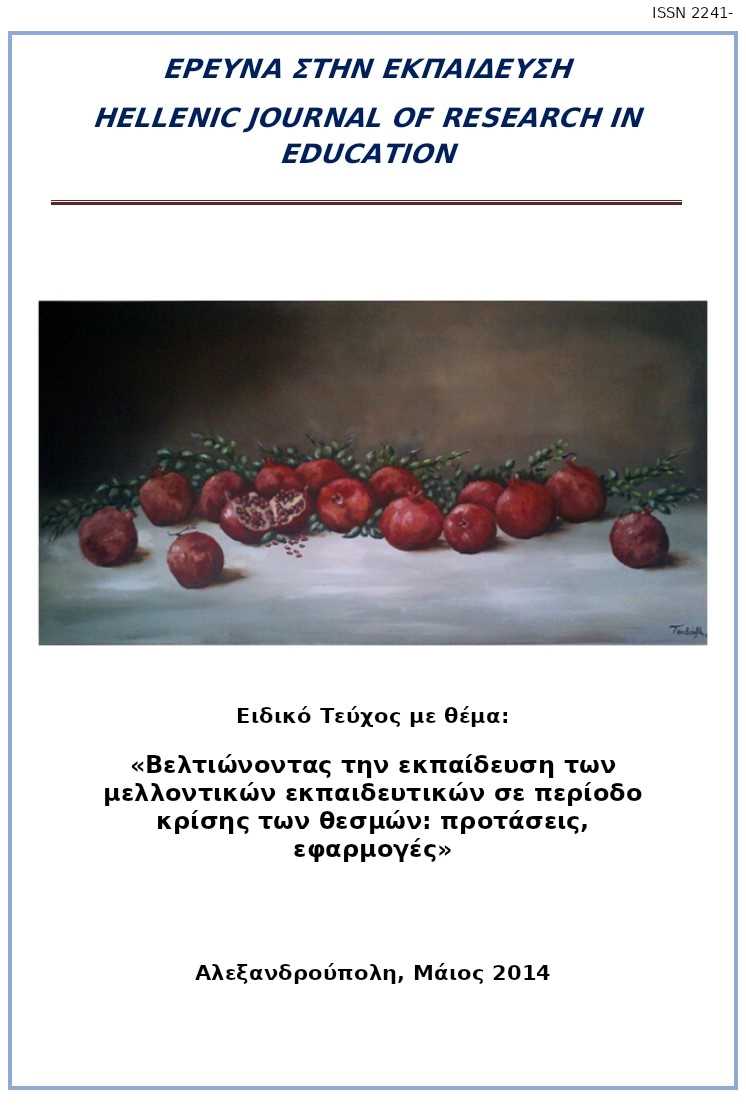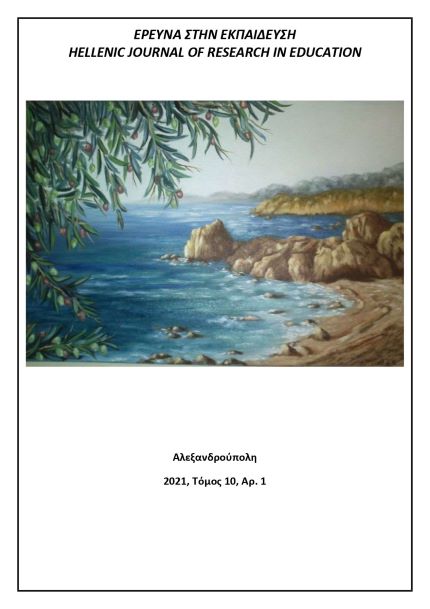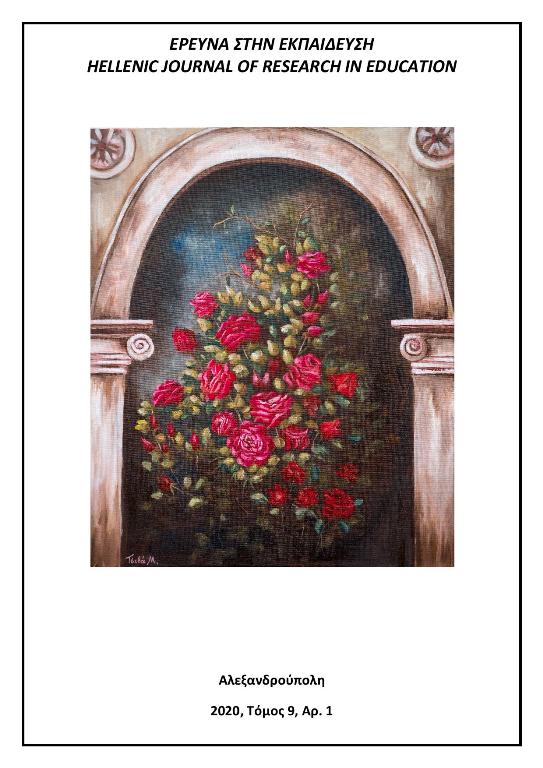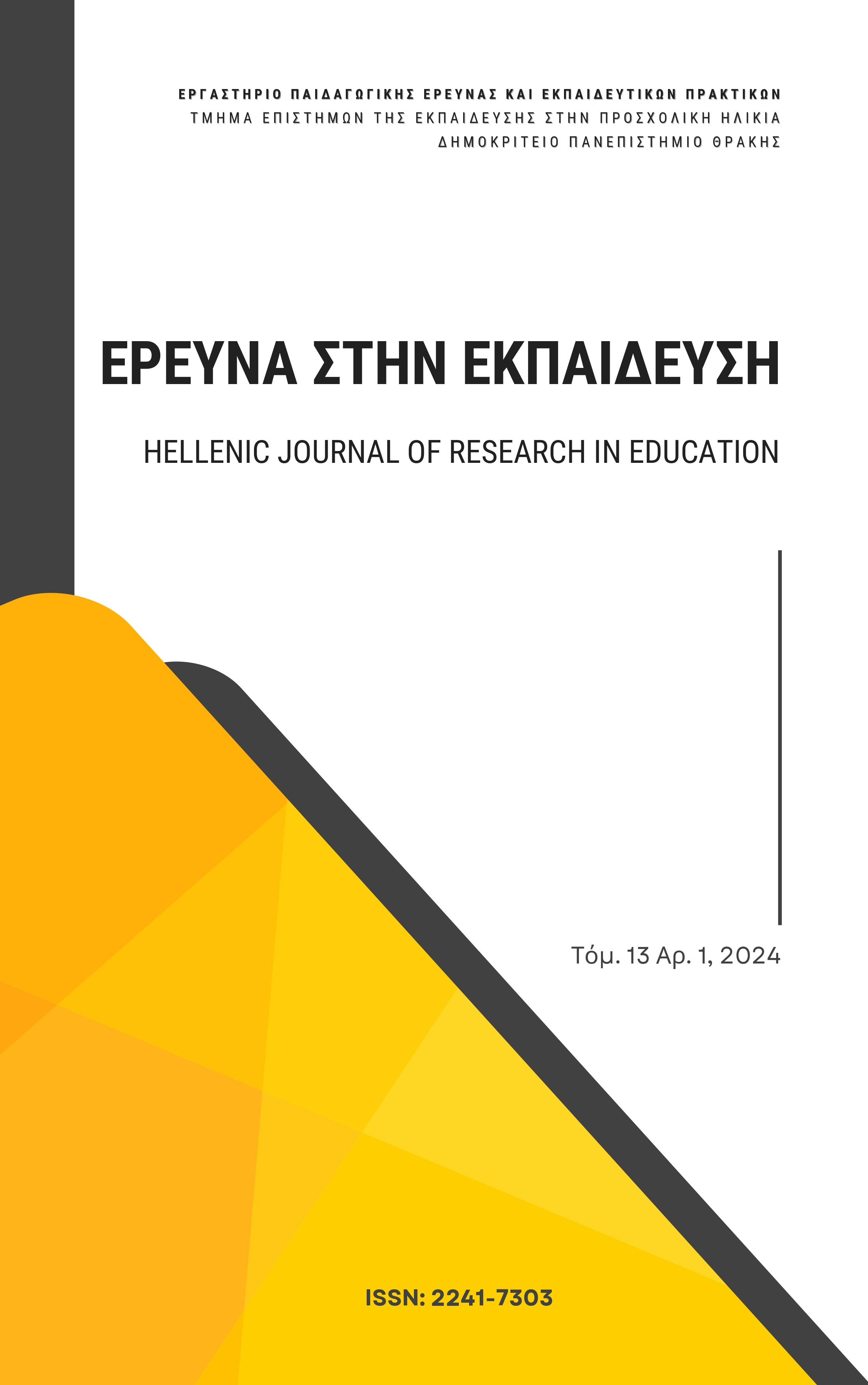An exploration of early childhood teachers' needs: an effort to document the context of early childhood education

Abstract
Current socio-economic conditions in Greece (financial crisis, unemployment, increase of single-parent families) have a strong influence on the Greek educational system which is dealing not only with a major lack of resources, teachers’ in-service training programs and staff renewal but also with infrastructure issues. The study is focusing on important facets of early childhood education under the light of these circumstances and is aiming to explore kindergarten teachers’ views and beliefs about the current situation and their needs. 600 kindergarten teachers from all over Greece completed an on-line questionnaire with 50 questions structured in relation to the quality of space and infrastructure, the function of all-day kindergarten classes, the transformation of the programme of studies, school-family collaboration and kindergarten teachers’ professional development needs. The design and conduct of the specific study was organized by the Institute of Educational Policy in Greece in collaboration with the University of Western Macedonia, Greece. Data reveal important infrastructure deficiencies of kindergarten schools both inside and outside classrooms. However, results show that kindergarten teachers are able to overcome infrastructure deficiencies and organise a rich learning environment with many different learning/playing areas. Although the majority of teachers recognises the important role of free-play in preschool education, half of them state that adult-directed activities are dominant in the daily programme, underlining the lack of flexibility in kindergartens’ timetable. Concerning family-school collaboration teachers declare that they manage to communicate with children’s families systematically and effectively. However, they seem to prefer engaging parents in school life as volunteers or listeners rather than as co-planners of the educational programme they deliver. Results show that the great majority of kindergarten teachers give emphasis to continuing professional education related both to subject areas and general pedagogic issues. Τhis research forms a first step in the attempt to relate findings to educational policy proposals that concern the improvement both of kindergartens’ function and educational provision.
Article Details
- How to Cite
-
Τσαλαγιώργου Ε. Ι., & Αυγητίδου Σ. (2017). An exploration of early childhood teachers’ needs: an effort to document the context of early childhood education. Hellenic Journal of Research in Education, 6(1), 255–273. https://doi.org/10.12681/hjre.14764
- Issue
- Vol. 6 No. 1 (2017)
- Section
- Articles

This work is licensed under a Creative Commons Attribution-NonCommercial-ShareAlike 4.0 International License.
Authors who publish with this journal agree to the following terms:
- Authors retain copyright and grant the journal right of first publication with the work simultaneously licensed under a CC-BY-NC-SA that allows others to share the work with an acknowledgement of the work's authorship and initial publication in this journal.
- Authors are able to enter into separate, additional contractual arrangements for the non-exclusive distribution of the journal's published version of the work (e.g. post it to an institutional repository or publish it in a book), with an acknowledgement of its initial publication in this journal.
- Authors are permitted and encouraged to post their work online (preferably in institutional repositories or on their website) prior to and during the submission process, as it can lead to productive exchanges, as well as earlier and greater citation of published work (See The Effect of Open Access).







